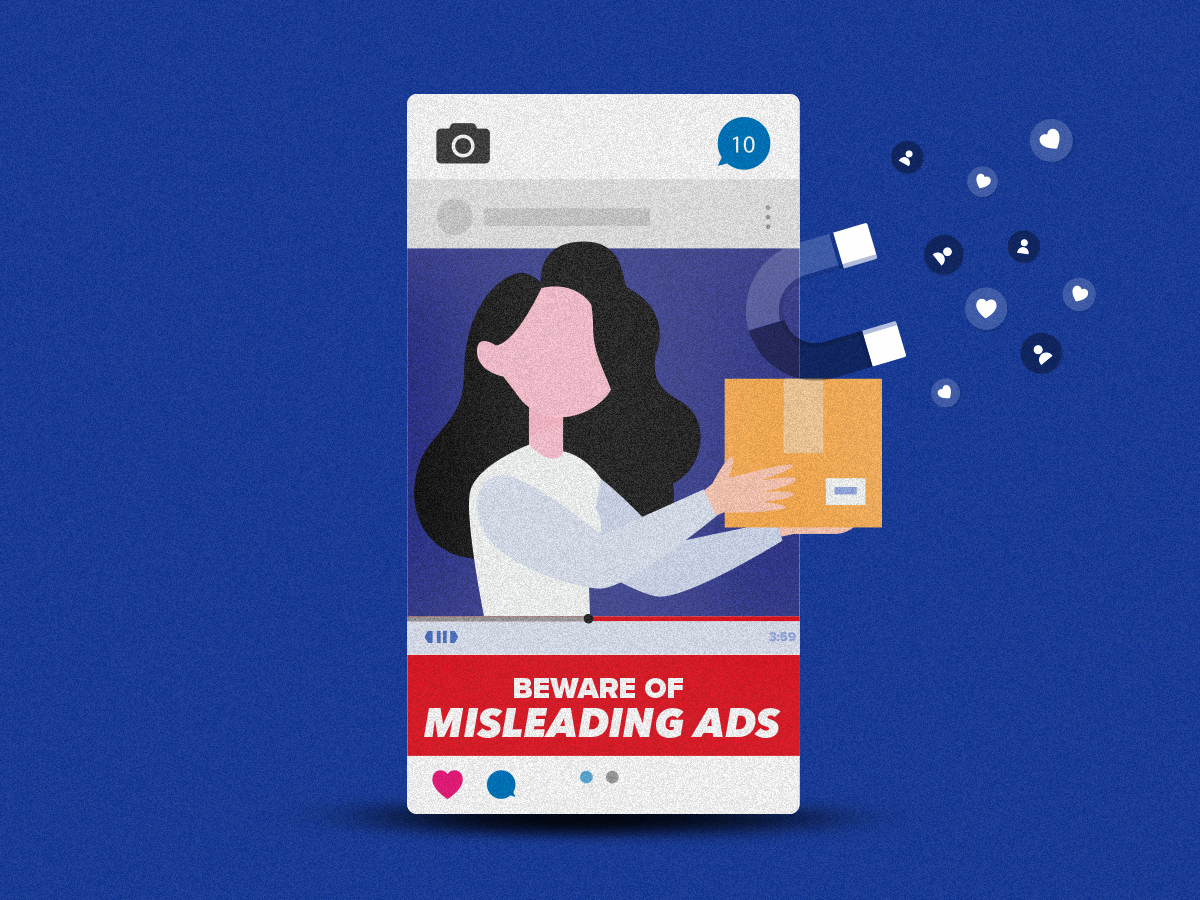
Social media influencers and digital marketers could face a bumpy ride as the onus of ensuring the veracity of claims made in advertisements could fall upon them soon.
The government’s draft new guidelines targeted at preventing misleading advertisements has an entire section on due diligence to be made by endorsers. It has sought feedback on the guidelines before September 18.
The guidelines will apply to manufacturers or service providers, advertising agencies and endorsers, covering all advertising or marketing communications, regardless of form, format or medium.
The proposed rules could increase litigation on endorsers, including social media influencers, and raise their compliance burden, industry and legal experts told ET, although they could streamline what is an otherwise highly unorganised and fast-growing sector.
“The guidelines will certainly be applicable to them (social media influencers) and they will have to be more informed about whatever they are endorsing. What I do see happening is that you might have a lot of litigation where a lot of people get sued,” said Gaurav Dani, founding partner at Indus Law.
The guidelines say obtaining advice from an advertising self-regulatory organisation or legal opinion from an independent legal practitioner about the accuracy of endorsements will be considered sufficient due diligence.
“But, it is possible that even a lawyer may be unable to certify the validity of certain claims,” said Vinay Joy, partner at law firm Khaitan & Co. “…this places an onerous burden on them (social media influencers) to discharge.”
A significant increase in compliance burden is also likely. For one, as per the proposed rules influencers may have to do more research into the brands they endorse, said Neel Gogia, cofounder of Iplix Media, which represents influencers such as Tech Burner, a channel that has 3.91 million subscribers on YouTube.
“Most of the influencers trust the brief given by the brand and promote it without any research. We can also expect influencers to be selective about their associations and work with brands where they are comfortable with the product/service which the brand is offering,” said Gogia.
Influencer marketing is estimated to form 10-15% of India’s Rs 21,000 crore digital advertising space, according to industry analysts, and is also the fastest growing segment with many brands, especially in technology and electronics, spending more than Rs 10 crore a year on influencer marketing. The draft guidelines are comprehensive, government officials said.

“When a celebrity endorses something, the understanding is that consumers take it with some kind of authenticity. Therefore, what are the safeguards that celebrities need to take into account, and what are the expectations from them — has been explained,” said Leena Nandan, Secretary, Department of Consumer Affairs.
Wow Skin Science, a cosmetics and personal care brand that extensively uses influencer marketing to reach out to customers, said it had “very little to worry” about despite the proposed higher compliance burden on influencers.
“Even if we pay our influencer team, there are no bound scripts from our side. Of course, it’s a humongous task to regulate every content piece, but if we come across any that does not match our brand values, we take it down,” said Madhur Acharya, senior business development manager at Wow Skin Science.
Read: Influencer marketing has a big fake followers issue but that’s not the only problem
Leave a Reply